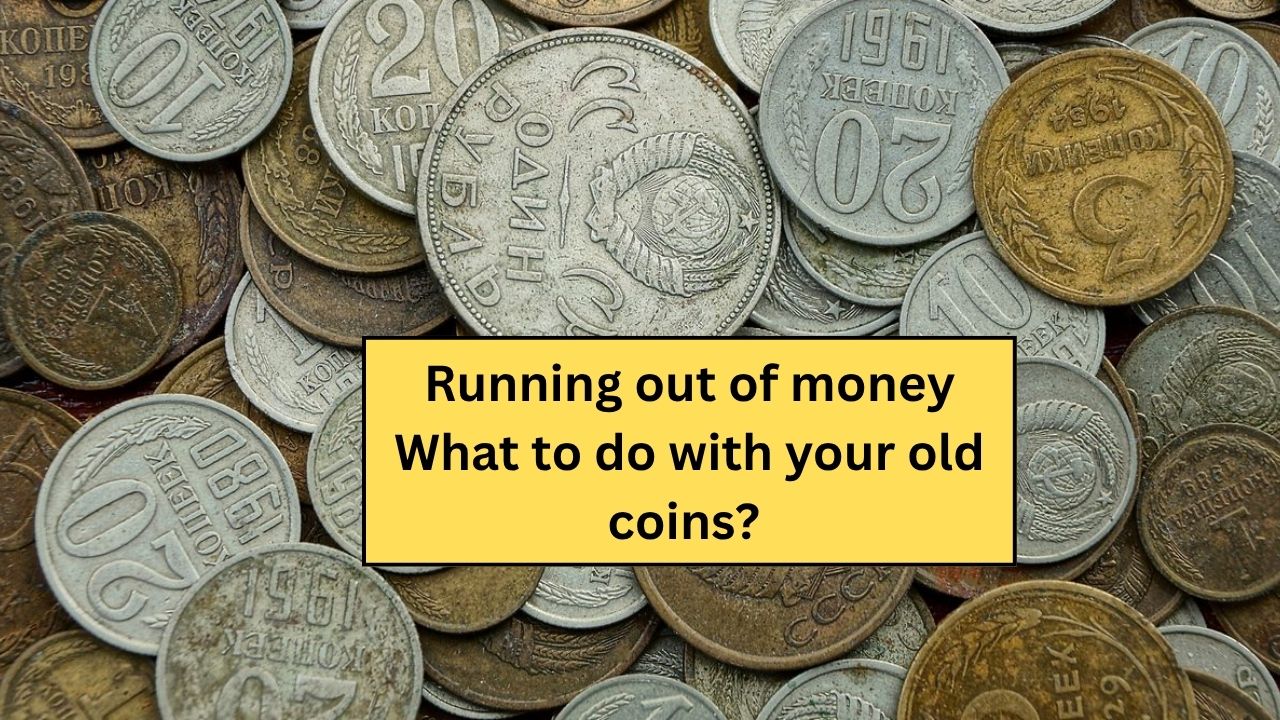The Penny’s Days Are Numbered
The U.S. penny might soon be history, with talks heating up in 2025 about phasing it out. Lawmakers and economists say pennies cost more to make about 3 cents each than they’re worth. Plus, many folks just toss them in jars or leave them at cash registers. The U.S. Mint is already slowing penny production, and some businesses have stopped accepting them. This shift has people wondering what to do with their piles of old coins before they lose their shine for good.
Why Pennies Are Losing Ground
Pennies have been around since 1793, but they don’t buy much anymore. Inflation has made the penny’s value so tiny that it barely matters in daily shopping. Stores like Walmart and Target are testing “cashless” checkouts, and some coffee shops round prices to skip coins altogether. There’s also a push to save money, since minting pennies costs taxpayers millions every year. A 2024 report estimated the U.S. could save $600 million over a decade by ditching pennies, like Canada and Australia already have.
What to Do with Your Pennies
If you’ve got pennies stashed away, now’s the time to put them to use. Here are some easy ideas:
|
Option |
Details |
|---|---|
|
Bank Deposit |
Roll pennies and deposit at banks or credit unions |
|
Coin Machines |
Use Coinstar (fees apply) for cash or gift cards |
|
Charity |
Donate pennies to local food banks or shelters |
|
Keepsakes |
Save rare pennies (pre-1982 copper ones) |
Banks still accept pennies, so you can roll them up and deposit them. Coinstar machines at grocery stores turn coins into cash or gift cards, but they charge around 11% unless you pick a no-fee option like an Amazon card. Donating pennies to charities is another great choice some schools and shelters collect them for fundraisers. If you’re a collector, check for valuable pennies, like those from before 1982, which are mostly copper and worth more.
The Future of Cash
Dropping the penny could change how we use cash. Without pennies, prices might round up or down to the nearest nickel, which could add a few cents to some purchases. Small businesses worry this might confuse customers, but studies from Canada show most people adjust quickly. The U.S. Treasury is exploring digital payments, too, like mobile apps, which could make coins less important overall. For now, nickels, dimes, and quarters aren’t going anywhere, but the penny’s exit could be a first step toward a coin-free future.
Act Before It’s Too Late
If pennies stop being legal tender, you won’t be stuck—they’ll likely stay valid for years during a transition. But why wait? Start sorting your pennies now. Take them to a bank, swap them at a coin machine, or give them to a good cause. If you’re curious about rare coins, check with a local coin shop or use apps like PCGS CoinFacts to spot valuable ones. The penny’s been a part of American life for centuries, but as it fades, you can make the most of those copper coins before they’re just a memory.




